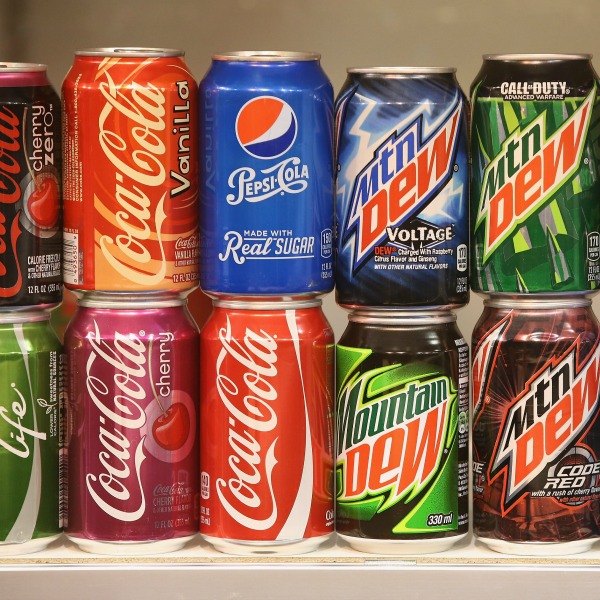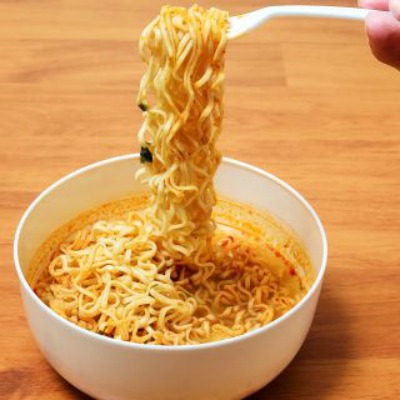As the controversy surrounding the allegedly high levels of heavy metal lead in instant noodles rages on in India, this author is reminded of an interesting observation made by an acquaintance. “You know, there is more to this issue than meets the eye. The hype over Swiss multinational’s product, especially, has something to do with the much-publicized black money issue. And this is a subtle way of pressing the Swiss government either with positive or negative intent” declared this ebullient person quite convincingly. Though on the face of it this instinctive observation might seem to be totally implausible, it does provide a food for thought to the average Indians, known for poor hygienic consciousness.
Nudged by the Narendra Modi government silently, the nodal food approval agency Food Safety and Standards Authority of India (FSSAI) ordered and supervised one of the biggest recalls of packaged food in India last month by way of which 27,420 tons of noodles stock, worth $50 million, was destroyed. Other big multinationals have also withdrawn popular products from the market due to food safety and regulatory issues. If the government is indeed concerned about damages caused to human body from ready-to-make food items, why spare other fast-food products and soft drinks that flourish in the market and are equally harmful?
Does this single-point agenda of hounding big multinationals selectively and turning it into a media circus serve the larger objective of streamlining public health surveillance and enforcement in India even though fast food, one must admit, is not the epitome of healthy diet? Moreover, is it not a fact that most Indian food stalls and even restaurants do not adhere to prescribed hygiene standards?
Alarmingly, authorities intentionally overlooks regular use of carcinogenic-carbide in cultivation and ripening of fresh produce and Indian kids, incidentally, have abnormally high levels of lead in blood, coming from paints. As panic gripped the bubbling middle-class families, consisting mostly of working couples who have adapted well to the modern lifestyle technique of surviving on pre-cooked food due to time constraints, several Indian states started testing samples of instant noodles.
The Modi administration jumped into the anti-instant noodle bandwagon without realizing that questions will be justifiably raised over motives of food safety authorities at the central and provincial levels.
If the brand in question and similar other brands were of acceptable quality to the same food inspectors ever since they were introduced in 1980s and 90s, what really changed on the ground that agitated the authorities now? Is it not a reflection of how packaged food items are given license in India and the dubious role that FSSAI plays in the entire process particularly when the manufacturers’ production procedure remains unaltered? Besides, multinational food companies have strong and credible research and development team, which works round-the-clock on product development in addition to keeping a strict vigil on quality control. As per information revealed by Nestle “around 100 million analysis a year are carried out by 8,000 people, working to assure quality and food safety in Nestle products worldwide.” But then, there are many who believe that neither can the FSSAI be faulted nor its professional integrity questioned because this year alone it has rejected over 200 products so far. And out of the approximately 10,000 cases the FSSAI took up for violation of food safety laws in 2013-14, it managed to get over 3,000 convictions with punishment ranging from recalling of products to fine or jail term. If indeed the Indian food safety regulator acted honestly, why would multinational brands risk their own credibility by indulging in production malpractices?
Even a child knows that snacking is a huge business opportunity in India and the position vacated by one is swiftly filled in by others working in the same segment. So the big question is who gains from Nestle’s loss or a virtually competitor-free market? Interestingly, Swami Ramdev, a pro-Modi spiritual leader wielding enormous influence in Modi’s India, is making the most of packaged-food market volatility, as his company’s own brand of instant noodle will hit the Indian market anytime soon. “I will provide a healthy alternative to Maggi soon for children. There would not be any harmful stuff for the body or anything that creates addiction,” confirmed Ramdev recently, thus raising the possibility of the Modi government’s involvement in the concerted anti-multinational noodle maker hype created across the country methodically. Was it at Modi’s behest that Ramdev openly asked multinationals to “pack up and leave the country?”
A very reliable source in the ruling Bharatiya Janata Party confirms that Modi is well aware of Ramdev’s business interest in nutrition, health and wellness sector and has “promised his company all help to thrive and diversify.” So was the hoopla generated over multinational food manufacturers’ questionable adherence to Indian health standards a ploy to tarnish such brands permanently as it is payback time for loyal Modi backers? Since Ramdev has used his tremendous influence among the masses to promote Modi’s ascendancy to power, has there been a quid-pro-quo of any sort?
Whatever the reasons, the instant noodle controversy has underscored the necessity of framing effective laws on food product endorsement by celebrities and strengthening of inspection procedure by adding legal teeth as more and more Indians are exposed to carcinogenic and heavy metal contents hidden in various food items.




